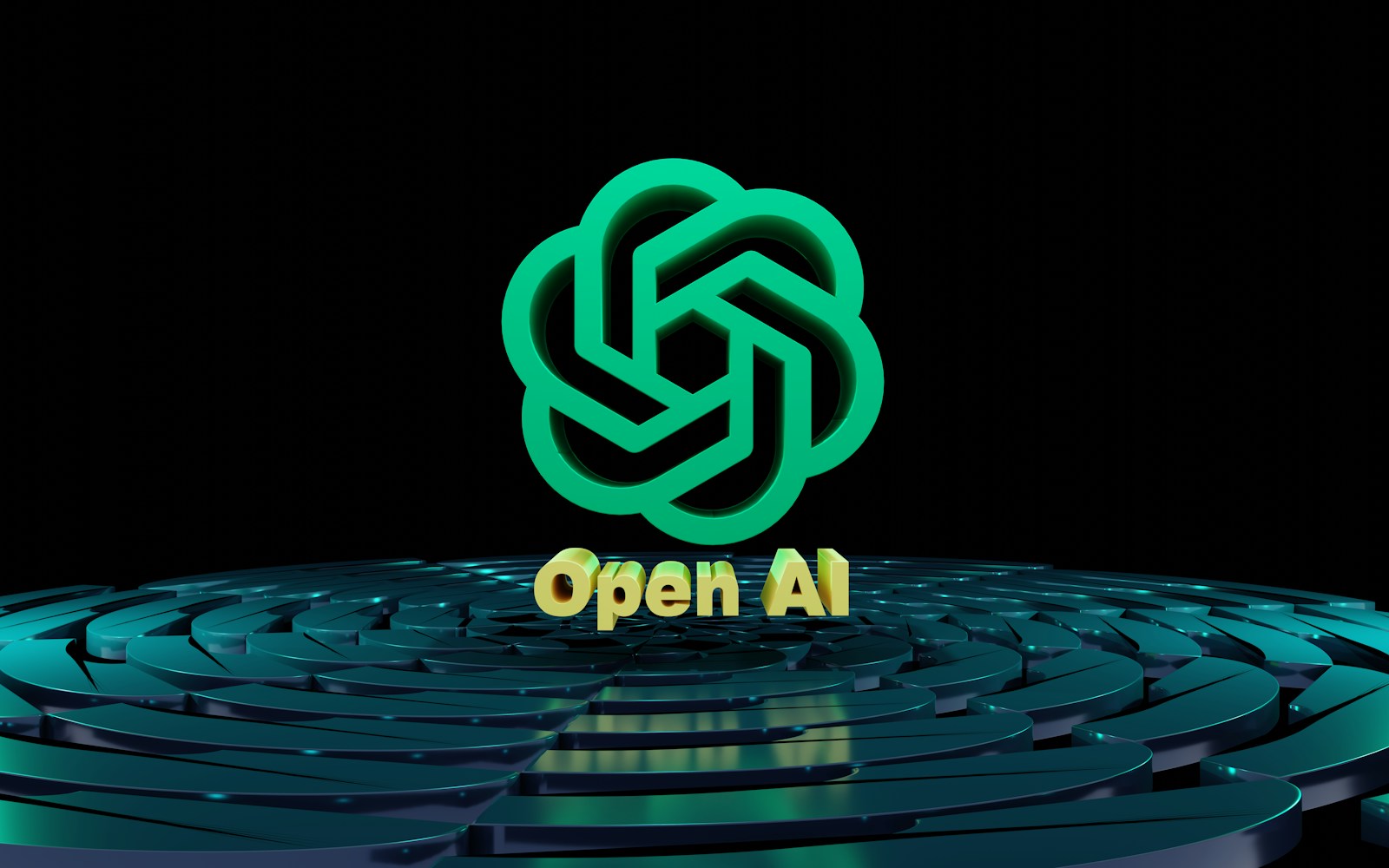Amidst the hustle of Silicon Valley, Google’s top lawyer, Kent Walker, disrupted the routine of his team on a fateful Friday before Christmas. Summoning four employees to SL1001, they faced an urgent task: preparing for an executive meeting to discuss Google’s product safety, a meeting whose agenda had suddenly shifted due to the urgency of embracing artificial intelligence (A.I.) technologies.
The catalyst for this abrupt shift was the emergence of ChatGPT, a groundbreaking A.I. program released by OpenAI. Despite Google’s ongoing A.I. endeavors, Sundar Pichai, Google’s CEO, recognized the impact of ChatGPT’s popularity and functionality, prompting a decisive response to integrate similar capabilities across Google’s offerings.
The decision-making process was a departure from Google’s usual deliberative approach, reflecting the critical juncture the company faced. ChatGPT’s release had disrupted traditional norms, inspiring Google to expedite its A.I. initiatives despite inherent risks and ethical considerations.
At the heart of the transformation lay the recognition that A.I. was no longer a futuristic concept but a present reality demanding immediate action. Google, along with other tech giants, raced to incorporate A.I. into their products, prioritizing innovation over caution.
In this whirlwind of change, corporate strategies pivoted, organizational structures shifted, and leaders like Mark Zuckerberg at Meta and Satya Nadella at Microsoft embraced A.I. as the cornerstone of their future endeavors. Elon Musk, ever the provocateur, ventured into the A.I. realm with X.AI, underscoring the industry’s collective determination to lead the A.I. revolution.
Despite lingering concerns about safety and ethical implications, the A.I. arms race had begun, reshaping the landscape of Silicon Valley forever. In this new era, speed trumped caution, and the race to harness the power of A.I. propelled tech companies into uncharted territory, where the promise of innov

Hokyoung Kim
A ‘Low-Key Research Preview’ OpenAI’s pivotal moment came unexpectedly, as the organization’s leaders never anticipated the seismic impact ChatGPT would have on Silicon Valley. In the early days of November 2022, ChatGPT wasn’t even a fully-fledged product; most of OpenAI’s 375-strong workforce, stationed in their new offices housed within a former mayonnaise factory, were engrossed in developing GPT-4, a more robust iteration of their technology capable of processing vast amounts of data to answer nearly any query.
However, despite its potential, GPT-4 had its flaws, often generating hate speech and misinformation. As the launch date loomed, discussions within OpenAI veered toward the release of an older, less advanced version of their technology, envisaging it as a testing ground to gauge public reaction and iron out imperfections.
Beyond experimentation, there was also a competitive drive at play. Anthropic, a rival startup founded by former OpenAI personnel disenchanted with the organization’s safety priorities, loomed as a formidable competitor. Their departure had left OpenAI grappling with the very technology they were now eager to unveil.
The pivotal moment arrived during a meeting led by Sam Altman, OpenAI’s CEO, and Greg Brockman, its president, where the decision was made to launch the less potent iteration, dubbed Chat with GPT 3.5, by the end of the month. Termed a ‘low-key research preview,’ the move aimed to assess market reception while mitigating risks.
With minimal fanfare, ChatGPT was unleashed to the public on November 30, defying expectations by rapidly garnering widespread attention. Despite initial underestimations, the platform’s popularity surged, inundating OpenAI’s servers with sign-ups and exceeding all projections. ChatGPT became a sensation, featured across news networks and even making its way into late-night comedy.
In the midst of this upheaval, Meta, formerly Facebook, had its own AI initiatives underway but failed to make a significant impact. Their endeavors, like BlenderBot and Galactica, struggled to resonate with users. Mark Zuckerberg, Meta’s CEO, was preoccupied with the metaverse and the future of virtual reality, yet ChatGPT’s emergence demanded his attention.
Meanwhile, at Microsoft, Satya Nadella recognized OpenAI’s technology as a game-changer early on, investing heavily and positioning it at the forefront of the company’s strategic vision. GPT-4’s capabilities astounded Microsoft’s leadership, propelling Nadella to declare a company-wide pivot towards AI technology.
As Microsoft and OpenAI forged deeper ties, Meta grappled with the implications of ChatGPT’s success. The prospect of open-sourcing AI technology posed both promise and peril, igniting internal debates over safety and regulatory concerns.
In the race to harness AI’s potential, each organization navigated its unique challenges, reshaping the technological landscape and paving the way for a future defined by artificial intelligence.

Hokyoung Kim
As Mr. Altman arrived at Microsoft’s conference center for a rehearsal, Mr. Mehdi hurriedly approached him, presenting Mr. Pichai’s surprising post.
“‘Oh my gosh, this is hysterical,’” Mr. Mehdi recalled Mr. Altman remarking. Just then, Mr. Nadella emerged from the rehearsal room. Mr. Altman suggested they capture the moment with a selfie, which he promptly shared on Twitter, playfully tweaking Google. “Hello from Redmond! Excited for the event tomorrow,” tweeted Mr. Altman, who boasted more than 1.3 million Twitter followers.
By the morning of Feb. 8, following Microsoft’s chatbot announcement, its shares surged by 5 percent. However, for Google, the hurried announcement turned into an embarrassment. Researchers detected errors in Google’s blog post. A GIF accompanying it depicted Bard incorrectly claiming that the Webb telescope had captured the first images of an exoplanet, when, in fact, the European Southern Observatory in northern Chile had done so in 2004. Bard’s blunder led to ridicule in the news media and on social platforms.
As Mr. Pichai later expressed in an interview, it was “unfortunate.” Google’s stock plummeted nearly 8 percent, erasing over $100 billion in value.
Interestingly, Microsoft’s presentation also contained errors, but they went unnoticed by observers.

Hokyoung Kim
A Google Farewell
The impact of the Bing chatbot positioned Microsoft ahead of Google, prompting Mr. Nadella to secure over $2 billion in computer chips in spring 2023 to maintain their advantage, as per insights from two insiders. “We have a substantial order coming your way, a truly significant one,” Mr. Nadella excitedly informed Jensen Huang, Nvidia’s CEO, recalled Mr. Huang.
Meanwhile, at Google, Mr. Pichai felt akin to a scuba diver navigating turbulent waters following the fallout from the Bard announcement. Yet, beneath the surface, he maintained focus on Google’s forthcoming A.I. products.
Overseeing more than 2,000 researchers across two labs, Google Brain and DeepMind, Mr. Pichai opted to merge them in April. The newly formed Google DeepMind would spearhead the development of an A.I. system named Gemini, under the leadership of Demis Hassabis, a DeepMind co-founder who had previously cautioned about the potential risks of A.I. Now, tasked with propelling Google to A.I. supremacy, Mr. Hassabis assumed a pivotal role.
Geoffrey Hinton, a prominent scientist at Google, had long ridiculed individuals like Dr. Hassabis — the pessimists, rationalists, and effective altruists concerned about A.I.’s existential threats. Having significantly contributed to A.I. science, Hinton’s perspective shifted with the emergence of new chatbots. Microsoft’s introduction of its chatbot convinced him that Google had to match pace. The competitive landscape among tech giants became increasingly daunting.
Reflecting on his role in A.I.’s development, Hinton experienced a spectrum of emotions, from regret to humor, occasionally sharing a video of Edith Piaf singing “Non, Je Ne Regrette Rien” with friends. Ultimately, he made the decision to step away from research, bidding farewell to Google with a call to Mr. Pichai in April, marking the end of over five decades of scholarly pursuit.

